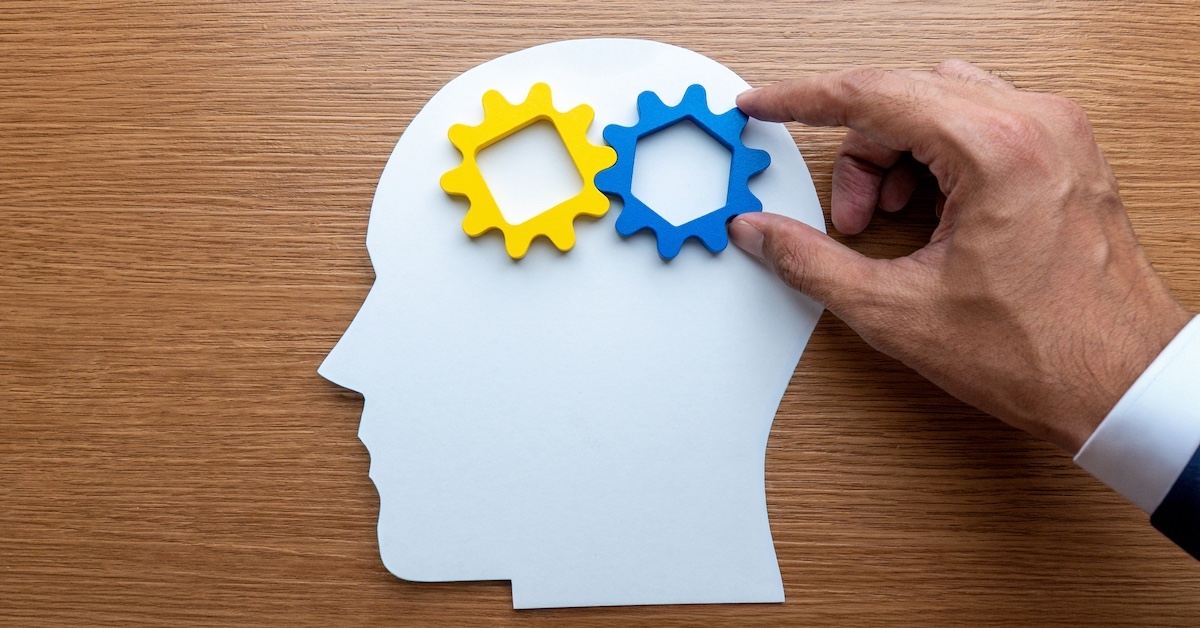COVID-19 has impacted the world in ways none of us could have imagined, the latest being the U.S. Food & Drug Administration warning us to avoid 75 brands of hand sanitizers containing contaminated methanol.
For those of us with ready access to the latest news, it is simply a matter of awareness. For those who do not have the freedom to control their own destiny, such is not the case. The most recent COVID-19 global statistics report more than 14.3 million cases, with more than 602,800 resulting in death. However, those statistics do not take into account the men, women and children being trafficked and/or smuggled around the globe who are threatened not only with exploitation and abuse, but also by COVID-19.
According to an Interpol assessment conducted in June 2020, the cessation of most international travel, border closures and lockdowns may have stopped air travel smuggling, but new opportunities arose for traffickers willing to take increased risks for increased premiums.
COVID-19 has shifted the focus of traffickers to the youths who attend school virtually and connect with each other online.
Human trafficking victims in the U.S. alone are estimated to be in the hundreds of thousands, with the highest numbers in California, Texas, New York and Florida. Women, children (particularly those in foster care) and LGBTQ individuals are particularly susceptible. In addition to the sex trade, the highest percentages of victims work in private residences, on farms, in the hospitality industry and in the health and beauty service industry.
Online exploitation is on the rise, with young people as traffickers’ primary targets. COVID-19 has shifted the focus of traffickers to the youths who attend school virtually and connect with each other online, where techniques using social media are in place to recruit potential victims.
In 2018, an American Airlines ticket agent assisted local police authorities in preventing two teenage girls from traveling to New York after being promised they were to appear in a modeling video. The girls had lied to their parents, each telling parents they were staying at the other’s house overnight, and arrived at the airport with one-way, first-class tickets to New York from California. If the ticket agent’s instincts not been acted upon, the girls would have arrived in New York and been delivered into the hands of traffickers.
MPI Human Trafficking Resources: Raise Awareness. End Human Trafficking.
This is just one of many stories that could have turned into heartbreak for children and parents alike. With the rise and sophistication of schemes to attract unsuspecting victims online during COVID-19, the numbers solicited continues to grow. It is important for parents in the U.S. to familiarize themselves with the Federal Bureau of Investigation’s website to learn more about safe online surfing programs, how to protect children and what to do if a child is missing. The number of resources available to trafficked individuals continues to grow, including the Office on Trafficking in Persons (OTIP) and the National Human Trafficking Hotline.
Additional OTIP resources to address challenges related to COVID-19 include caregiver and household resources, housing, shelters and transitional living programs, social stigma, childcare alternatives, access to detox services, personal safety, food assistance and so much more.
COVID-19 has an economic impact as well. Marginalized groups, as well as the population in general, are experiencing massive furloughs, layoffs and terminations and becoming potential targets for sex traffickers who lure people with promises to make money and then keep those people in trafficking with promises of making more if they do more or with threats of violence to a family member if they do not.
According to the Global Protection Cluster (an independent network of more than 1,000 international nongovernmental organizations), headed by the United Nations High Commissioner for Refugees, although a major effort was to have taken place in 2020 against sexual exploitation, an estimated 75 percent of humanitarian operations were paused by the pandemic and accompanying lockdowns. Globally, there is still a lack of awareness training on how to identify victims of trafficking among large-scale organizations. In a pandemic situation it is difficult, if not impossible, to convince people to focus on the trafficked individuals from a humanitarian perspective when many are struggling to pay bills and buy food.
Loss of jobs, loss of income and potential loss of housing due to COVID-19-related conditions has created a new class of victims.
Globally, human trafficking generates an estimated $150 billion annually, with an estimated 40 million victims around the world. Loss of jobs, loss of income and potential loss of housing due to COVID-19-related conditions has created a new class of victims, with at-risk youths at increased risk from online predators. Human smuggling has surged, with demands for their services skyrocketing. According to a recent report by the Paris-based Financial Action Task Force (FATF), the widespread effects of human smuggling, money laundering and terrorist financing, all interrelated, may not be uncovered until things return to some sense of “normal.”
To learn more about the global impact of COVID-19 on trafficked persons, visit any of the following resources.
· https://www.unodc.org/documents/Advocacy-Section/HTMSS_Thematic_Brief_on_COVID-19.pdf
· https://www.state.gov/wp-content/uploads/2020/06/2020-TIP-Report-Complete-062420-FINAL.pdf
· https://polarisproject.org/blog/2020/03/the-effect-of-covid-19-on-human-trafficking/
On July 30, 2020, the world will recognize World Day Against Trafficking in Persons, and as United Nations Secretary-General António Guterres notes, “On this World Day against Trafficking in Persons, let us reaffirm our commitment to stop criminals from ruthlessly exploiting people for profit and to help victims rebuild their lives.” Meeting Professionals International will recognize this day and has a newly created anti-human trafficking resource page.
Photo by Denis Oliveira on Unsplash







